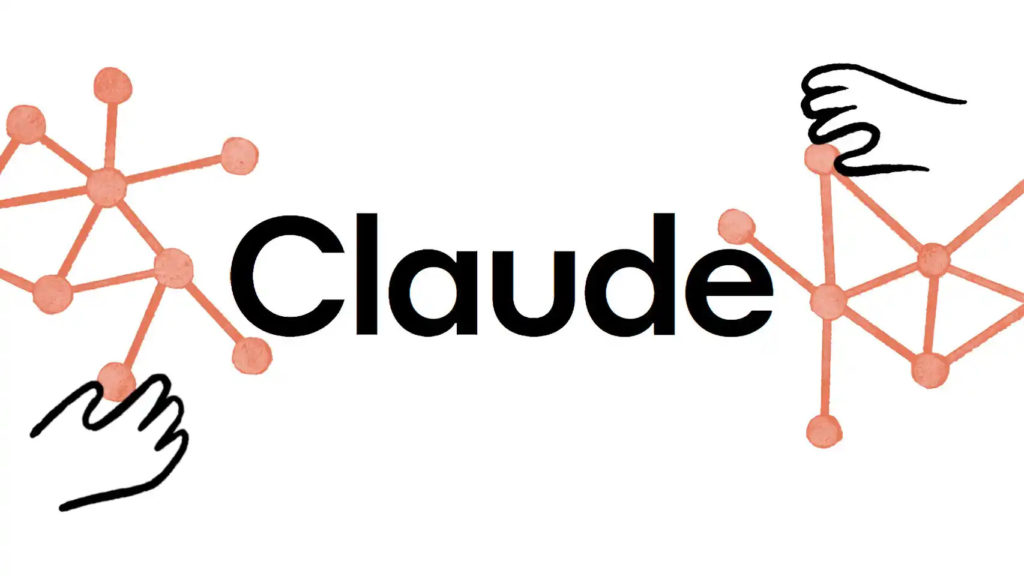Claude AI: Advancing the Frontiers of Artificial Intelligence
 Lawrence Amoako
Lawrence Amoako
Introduction
In the rapidly evolving landscape of artificial intelligence, Claude AI emerges as a significant player, pushing the boundaries of what's possible in natural language processing and understanding. Developed by Anthropic, a company at the forefront of AI research and development, Claude represents a leap forward in the capabilities of large language models (LLMs).
Technical Overview
Claude AI is built on an advanced neural network architecture, leveraging state-of-the-art techniques in deep learning and natural language processing. While the exact details of its architecture are not publicly disclosed, it's understood to be a transformer-based model, similar in some respects to other leading LLMs like GPT-3 and BERT.
Key technical features of Claude include:
1. Massive parameter count, allowing for nuanced understanding and generation of text
2. Advanced context handling, enabling coherent responses over extended conversations
3. Multi-task learning capabilities, allowing it to switch between different types of tasks seamlessly
Key Features and Capabilities
Claude distinguishes itself through several key capabilities:
1. Contextual Understanding:
Claude excels at maintaining context over long conversations, allowing for more natural and coherent interactions.
2. Task Versatility:
From coding and mathematical problem-solving to creative writing and analysis, Claude demonstrates remarkable flexibility across a wide range of tasks.
3. Safety and Ethics:
Claude has been developed with a strong emphasis on safety and ethical considerations, reflected in its responses to sensitive topics and its refusal to engage in harmful activities.
4. Multilingual Proficiency:
Claude can understand and generate text in multiple languages, making it a valuable tool for global communication and translation tasks.
5. Reasoning and Analytical Skills: Claude can break down complex problems, think through solutions step-by-step, and provide detailed explanations of its reasoning process.
Impact on AI Research and Development
Claude's introduction has significant implications for the field of AI:
1. Raising the Bar for Language Models:
Claude's performance across various benchmarks has set new standards for what's possible in natural language AI.
2. Ethical AI Development: Anthropic's approach to developing Claude, with a focus on safety and ethics, provides a model for responsible AI development.
3. Multitask Learning:
Claude's ability to seamlessly switch between tasks without fine-tuning demonstrates progress in creating more versatile AI systems.
4. Improved Human-AI Interaction: Claude's natural conversation abilities and context retention push forward the potential for more intuitive and productive human-AI collaboration.
Applications and Use Cases
The versatility of Claude opens up a wide range of potential applications across various industries:
1. Education: As an AI tutor, Claude can provide personalized learning experiences, explain complex concepts, and assist with homework across multiple subjects.
2. Healthcare: Claude could assist in medical research, help in analyzing patient data, or provide initial triage in telehealth applications.
3. Software Development: With its coding capabilities, Claude can assist in writing, debugging, and explaining code, potentially accelerating software development processes.
4. Content Creation: From writing articles to generating creative stories, Claude can be a powerful tool for content creators and marketers.
5. Data Analysis: Claude's ability to process and analyze large amounts of text data makes it valuable for business intelligence and research applications.
Ethical Considerations and Safety Measures
Anthropic has placed a strong emphasis on developing Claude with ethical considerations at the forefront:
1. Bias Mitigation: Efforts have been made to reduce harmful biases in Claude's responses.
2. Content Filtering: Claude is designed to avoid generating harmful or explicit content.
3. Transparency: Claude is upfront about its limitations and the potential for errors, particularly when dealing with factual information.
4. Privacy Protection: Claude is designed to protect user privacy by not retaining information from previous conversations.
Limitations and Future Developments
Despite its advanced capabilities, Claude still faces limitations common to current AI systems:
1. Lack of True Understanding:
Like other language models, Claude doesn't truly understand the world in the way humans do.
2. Potential for Misinformation: While efforts are made to ensure accuracy, Claude can sometimes generate incorrect information, especially about very specific or current events.
3. Absence of Real-Time Information:
Claude's knowledge is based on its training data and does not include real-time information.
Future developments may focus on addressing these limitations, potentially incorporating real-time data access, improved factual accuracy, and more advanced reasoning capabilities.
Conclusion
Claude AI represents a significant step forward in the field of artificial intelligence. Its advanced language understanding, multitask capabilities, and ethical considerations set new benchmarks for what AI can achieve. As research continues and the technology evolves, Claude and similar AI models are poised to play an increasingly important role in how we interact with and leverage artificial intelligence across various aspects of society and industry. The ongoing development of such models will likely continue to push the boundaries of what's possible in AI, opening up new opportunities and challenges in equal measure.
Subscribe to my newsletter
Read articles from Lawrence Amoako directly inside your inbox. Subscribe to the newsletter, and don't miss out.
Written by
